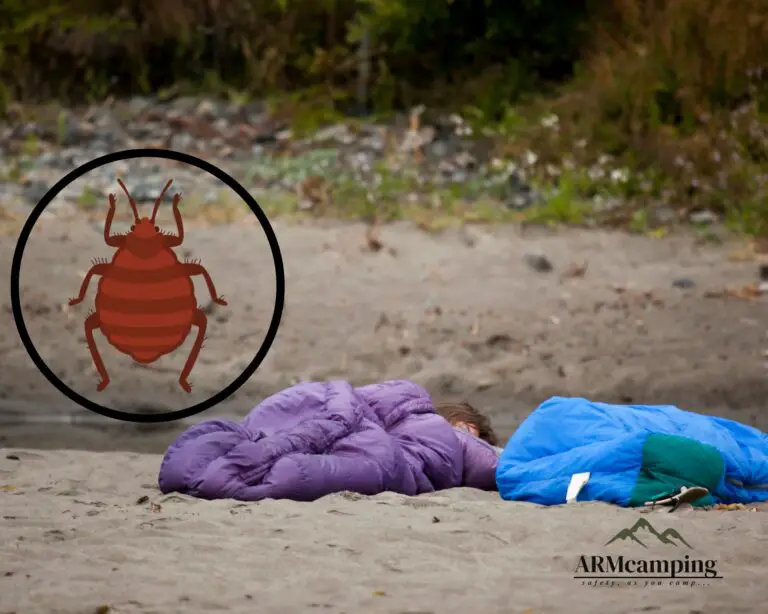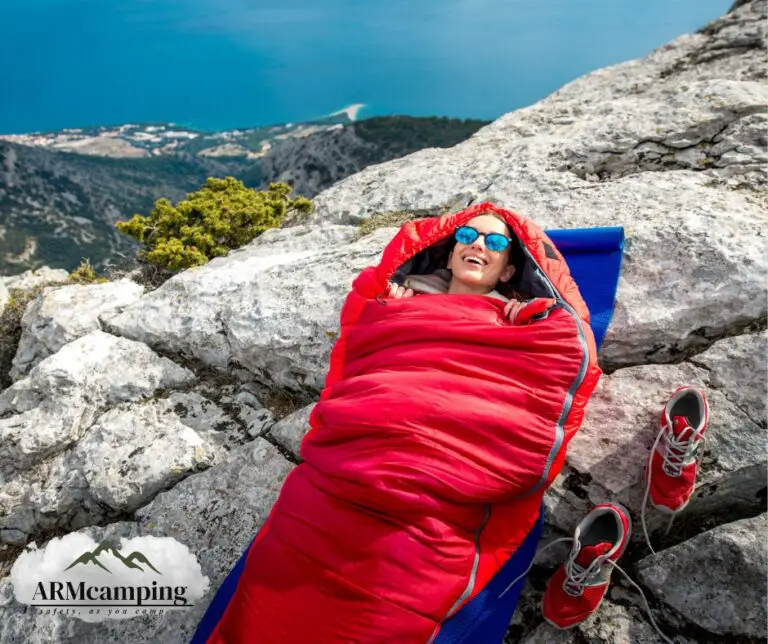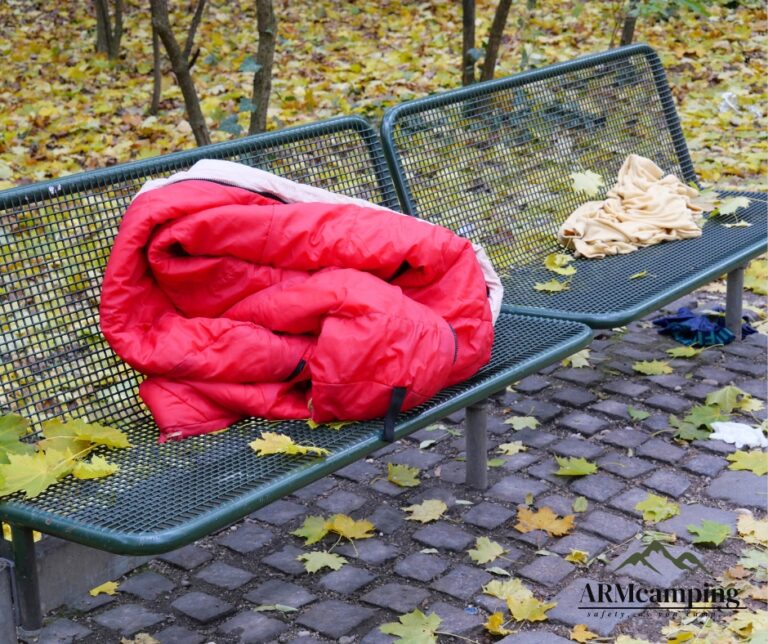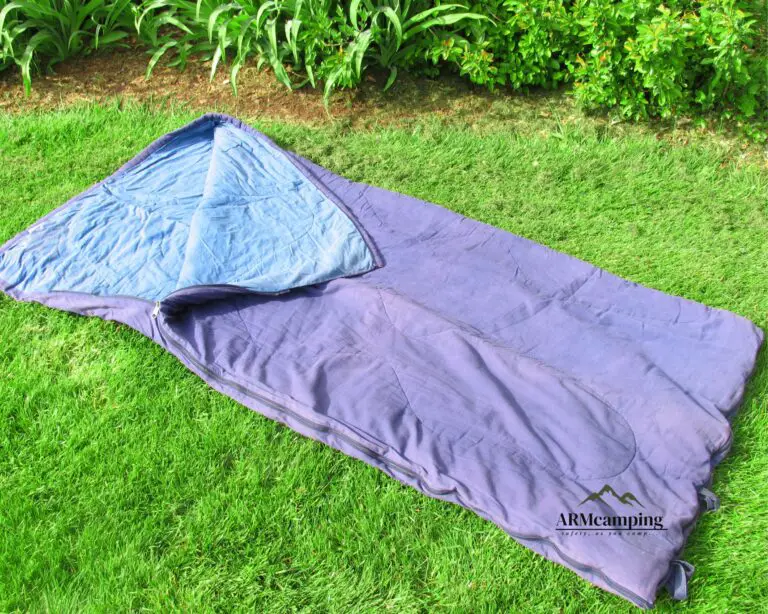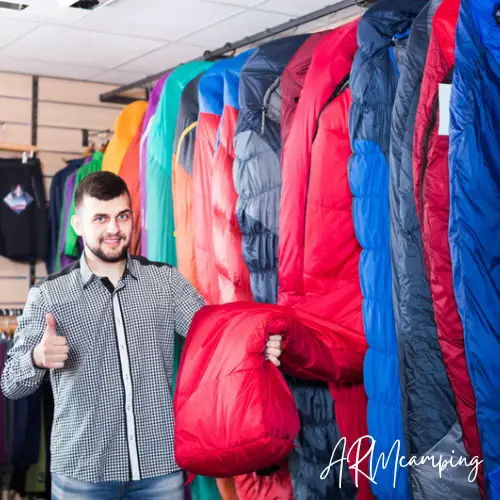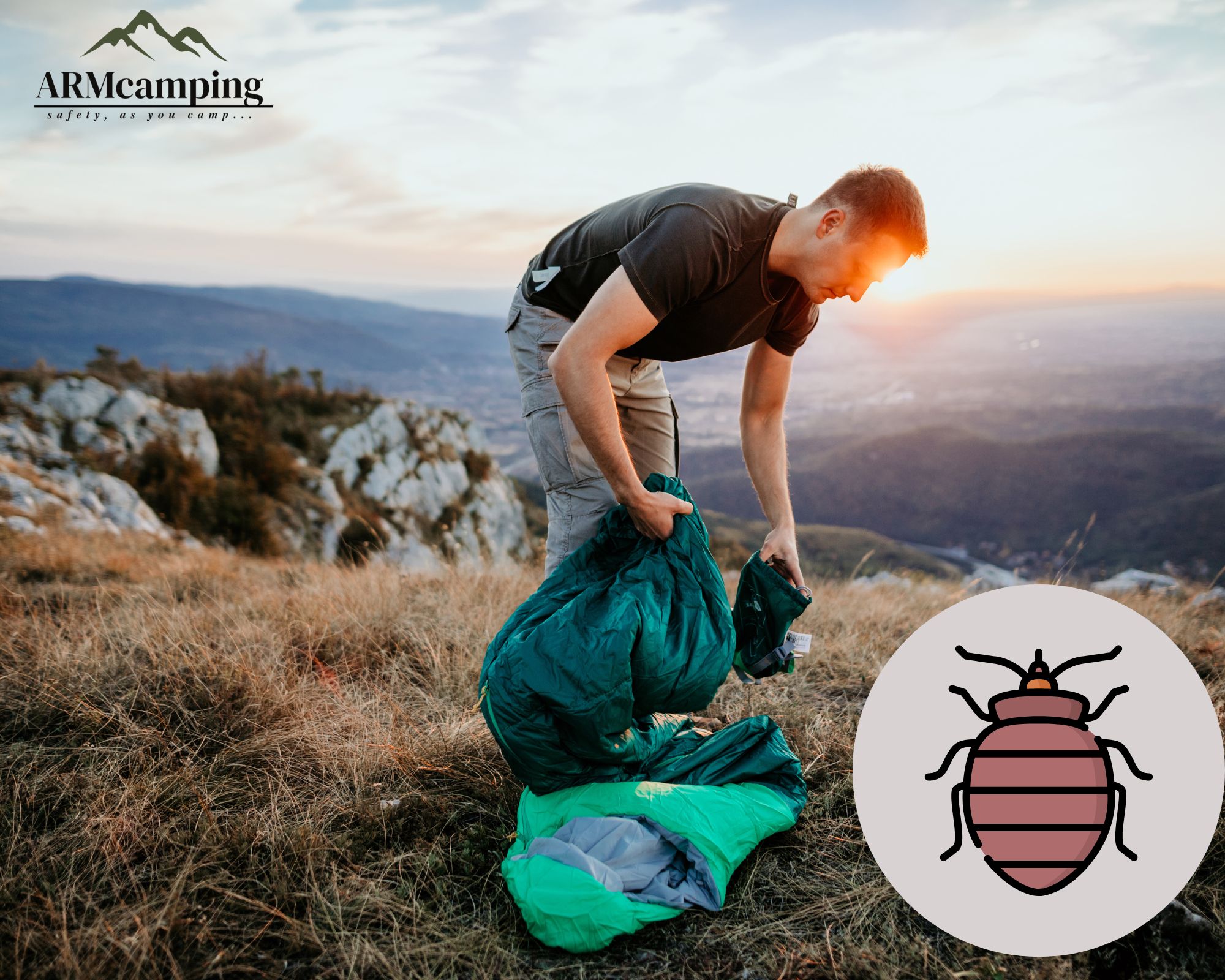
As the weather gets colder, many of us are spending more time indoors. Unfortunately, this also means increased opportunities for bed bugs to hitch a ride into our homes. If you suspect your sleeping bag may be infested with bed bugs, don’t panic! There are a few simple steps you can take to clean it and get rid of the pests.
Can Bed Bugs Get into Sleeping Bags While Camping?
Table of Contents
If you’re wondering whether bed bugs can get into sleeping bags while camping, the answer is unfortunately yes. Bed bugs are good at hiding and can squeeze into small spaces, which means they can easily get into sleeping bags. Once they’re in, they’ll feed on your blood, leaving you with itchy, red bites. To prevent bed bugs from getting into your sleeping bag, make sure to keep it zipped up tight and shake it out before getting in. You should also inspect your sleeping bag regularly for any signs of bed bugs.
How Do I Keep Bed Bugs Out of My Sleeping Bag?
If you spend any time camping or backpacking, you know that sleeping in a tent is not always the most comfortable option. You might opt to sleep in your sleeping bag on top of a campground picnic table or on the ground. But what if you find bed bugs in your sleeping bag? Here are a few tips to prevent bed bugs from hitchhiking into your sleeping bag and ruining your camping trip.
Step 1: Add a Silk Liner to Put Inside Your Sleeping Bag
Firstly, to keep away bed bugs from your sleeping bag, you need to add a silk liner to put inside of your sleeping bag. However, silk liners prevent bed bugs because the insects can’t get through the fabric. While they’re an effective measure, you need to follow them up with the remaining four steps below. (01)
Step 2: Don’t Place Your Sleeping Bag on The Ground
Also, you should never place your sleeping bag on the ground, as this can attract bed bugs and other pests. Make sure to keep your sleeping bag and other camping gear clean and free of debris, as this can provide a pathway for bugs to enter. If you are using a motorhome or tent, be sure to keep it clean and free of any potential entry points for pests.
Step 3: Using Essential Oils
There are a few essential oils that can help keep bed bugs at bay and make your sleeping area smell fresh. Using essential oils like lemongrass oil, tea tree oil, peppermint oil, and lavender oil are all great options. These oils work by causing eye irritation and strong odors, which bed bugs don’t like. You can either apply them directly to your sleeping area or use them in a diffuser.
Step 4: Let Your Gear Aerate when You’re Not Using
After a long day of hiking and camping, the last thing you want to do is worry about bed bugs. Luckily, there are a few simple steps you can take to prevent them from infesting your gear. One of the most important things to do is to let your gear aerate when you’re not using it. This includes your backpack, tent, sleeping bag, and pillow. By letting your gear aerate, you prevent bed bugs from having an enclosed space to infest. Additionally, aerating your gear prevents sweat from building up, which could otherwise attract bed bugs. So, the next time you’re packing up your gear for a camping trip, be sure to remember to let it aerate!
Step 5: Seal Your Tent or Door as Much as Possible
Lastly, one important step in preventing bed bugs when camping is to seal your tent or door as much as possible. By doing this, you will reduce the chances of bugs and debris getting inside. This is especially important if you are using a motorhome or van, as bed bugs can easily make a home out of your sleeping bag, towels, backpacks, and other equipment found inside. By sealing your door, you will help to keep these unwanted pests out.
Do Silk Sleeping Bag Liners Stop Bed Bugs?
Yes, while wrapping yourself in a silk liner can help reduce the risk of getting bitten by bed bugs, it is not a foolproof solution. Bed bugs are small and agile, making it difficult to completely prevent them from accessing your body. If you are concerned about getting bitten by bed bugs, it is best to take additional precautions, such as using a bed bug-proof mattress cover.
How Do You Not Bring Bed Bugs Home from Camping?
Have you noticed bed bugs within your campsite? And you don’t want to go home with one… how do you not bring bed bugs home? If you don’t want to bring bed bugs home from camping, wash your gear right when you get home. It’s important to use high-heat settings as much as possible to eliminate the bugs. If the fabric doesn’t let you wash and dry it on high-heat modes, wrap it in an airtight trash bag and leave it in the garage for a few days to make sure the bugs are dead.
- After a long day of hiking and camping, the last thing you want to do is wash all of your gear. However, it’s important to wash all of your gear right when you get home instead of placing them in a storage area. Bed bugs can survive and thrive for quite some time, so it’s not worth risking it. Toss everything in the laundry machine, ensuring you follow each item’s instructions to prevent them from overheating. This may seem like a pain, but it’s worth it to keep your gear clean and bug-free.
- When you go camping, you want to be sure that your sleeping gear is clean and free of bed bugs. One way to do this is to store all of your sleeping gear for camping in an airtight tub until you head out on your next camping trip. Even though the plastic bag trick is useful, it doesn’t stop other bed bugs from showing up during long-term storage. Get a couple of large plastic tubs with lids to keep your camping gear in. This will ensure that your gear is clean and ready to use when you are.
- If you’re planning on doing any camping this summer, be sure to take some extra precautions to prevent bed bugs and other pesky insects from tagging along. Pests recommend sealing your sleeping bag, camping clothes, and pillows in a black plastic trash bag before heading out. This deprives the bugs of oxygen, ultimately killing them. Not to mention, it’ll also keep your belongings clean and free of any unwanted critters.
Finally
In conclusion, camping can be a fun and rewarding experience—as long as you are smart about your camping. To prevent bed bugs from coming with you, remember to wash your clothes and bedding before bringing them home, and inspect everything when you get home. Also, make sure that you pack your tent up properly, and store it in a dry, sealed container.

